Seventy years after the invention of a data structure called a hash table, theoreticians have found the most efficient possible configuration for it.


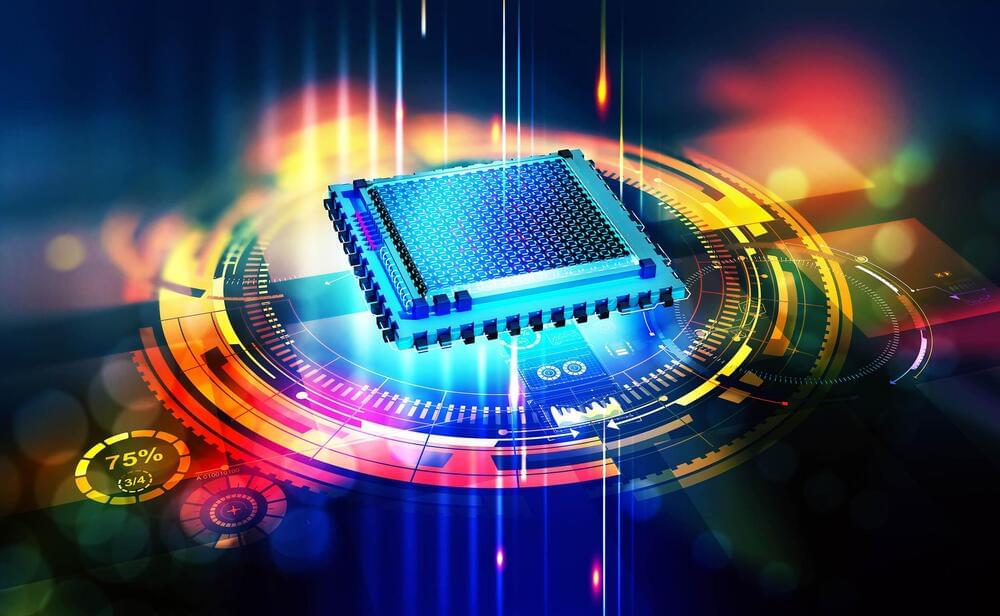
Matching quantum computing with Tensor networks, and varying then to get the data you need. It’s a good read, about 4 minutes and goes into more detail. Apparently there’s no errors like there is in quantum computing with some adjustments.
Quantum computing has long been celebrated for its potential to surpass traditional computing in terms of speed and memory efficiency. This innovative technology promises to revolutionize our ability to predict physical phenomena that were once deemed impossible to forecast.
The essence of quantum computing lies in its use of quantum bits, or qubits, which, unlike the binary digits of classical computers, can represent values anywhere between 0 and 1.
This fundamental difference allows quantum computers to process and store information in a way that could vastly outpace their classical counterparts under certain conditions.

Quantum computing has been hailed as a technology that can outperform classical computing in both speed and memory usage, potentially opening the way to making predictions of physical phenomena not previously possible.
Many see quantum computing’s advent as marking a paradigm shift from classical, or conventional, computing. Conventional computers process information in the form of digital bits (0s and 1s), while quantum computers deploy quantum bits (qubits) to store quantum information in values between 0 and 1.
Under certain conditions, this ability to process and store information in qubits can be used to design quantum algorithms that drastically outperform their classical counterparts. Notably, quantum’s ability to store information in values between 0 and 1 makes it difficult for classical computers to perfectly emulate quantum ones.
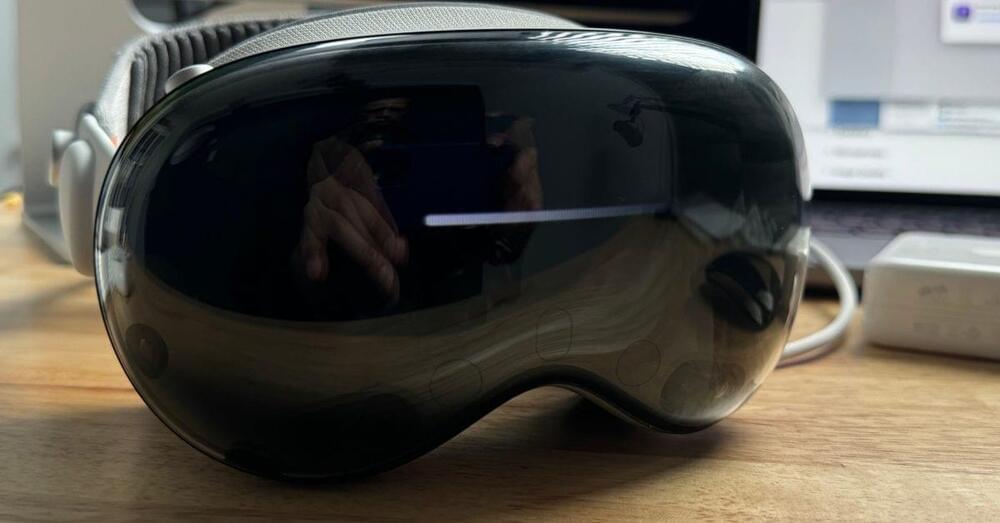
The first Apple Vision Pro reviews arrived last week on January 30 ahead of the February 2 product launch. A week and change later, tech journalists have had even more time to spend with Apple Vision Pro. My new favorite review is from Raymond Wong at Inverse. He spares no words when evaluating Apple Vision Pro, including as a spatial computer.

Battelle Memorial Institute, Columbus, Ohio (FA8684-24D-B018); The Boeing Co., St. Louis, Missouri (FA8684-24D-B019); The Charles Stark Draper Laboratory Inc., Cambridge, Massachusetts (FA8684-24D-B014); Chip Scan Inc., Rockaway Beach, New York (FA8684-24D-B004); General Dynamics Mission Systems Inc., Dedham, Massachusetts (FA8684-24D-B006); GE Aviation Systems LLC Grand Rapids, Michigan (FA8684-24D-B008); Honeywell International, Clearwater, Florida (FA8684-24D-B010); Idaho Scientific LLC, Boise, Idaho (FA8684-24D-B012); Kratos SRE Inc., San Diego, California (FA8684-24D-B005); L3Harris Technologies Inc., Palm Bay, Florida (FA8684-24D-B007); Lockheed Martin Corp., Orlando, Florida (FA8684-24D-B009); Mercury Systems Inc., Andover, Massachusetts (FA8684-24D-B016); Microsemi SOC Corp., San Jose, California (FA8684-24D-B011); Northrop Grumman Systems Corp., Linthicum Heights, Maryland (FA8684-24D-B003); Radiance Technologies Inc., Huntsville, Alabama (FA8684-24D-B013); Raytheon Co., McKinney, Texas (FA8684-24D-B015); and Sabre Systems Inc., Warminster, Pennsylvania (FA8684-24D-B017), were awarded a $499,000,000 multiple award, indefinite-delivery/indefinite-quantity contract for the design, build, test, and delivery of functioning anti-tamper solutions that will be ready for follow-on production to be integrated into a broad range of Department of Defense programs. The development of these solutions enables the necessary protection of critical program information from adversarial tamper efforts. Work will be performed in the continental United States and is expected to be completed Feb. 28, 2030. This contract was a competitive acquisition, and 20 offers were received. Fiscal 2024 research, development, test, and evaluation funds in the amount of $1,000 per awardee are being obligated at time of award. The Air Force Life Cycle Management, Wright Patterson Air Force Base, Ohio, is the contracting activity.
Roundhouse PBN LLC, Colorado Springs, Colorado, was awarded a $13,619,953 commercial, fixed-firm-price contract for a temporary and relocatable Program Integration Office/Program Management Office facility for the Sentinel Program at F. E. Warren Air Force Base, Wyoming. This contract provides for a one-time procurement for a secure, prefabricated, nominal 26,000-square-foot temporary facility, that will satisfy immediate requirements for additional office space for up to 200 Sentinel project personnel. This will be a commercial supply contract to procure a facility and furnishings, with a limited construction service component to conduct site preparation. Work will be performed at F.E. Warren AFB, Wyoming, and is expected to be completed by Feb. 7, 2025. This contract was a sole source acquisition. Fiscal 2024 operation and maintenance funds in the amount of $1,923,839; and fiscal 2024 procurement funds in the amount of $11,696,114, are being obligated at time of award.

A new fusion of materials, each with special electrical properties, has all the components required for a unique type of superconductivity that could provide the basis for more robust quantum computing. The new combination of materials, created by a team led by researchers at Penn State, could also provide a platform to explore physical behaviors similar to those of mysterious, theoretical particles known as chiral Majoranas, which could be another promising component for quantum computing.
The new study appears in the journal Science. The work describes how the researchers combined the two magnetic materials in what they called a critical step toward realizing the emergent interfacial superconductivity, which they are currently working toward.
Superconductors—materials with no electrical resistance —are widely used in digital circuits, the powerful magnets in magnetic resonance imaging (MRI) and particle accelerators, and other technology where maximizing the flow of electricity is crucial.
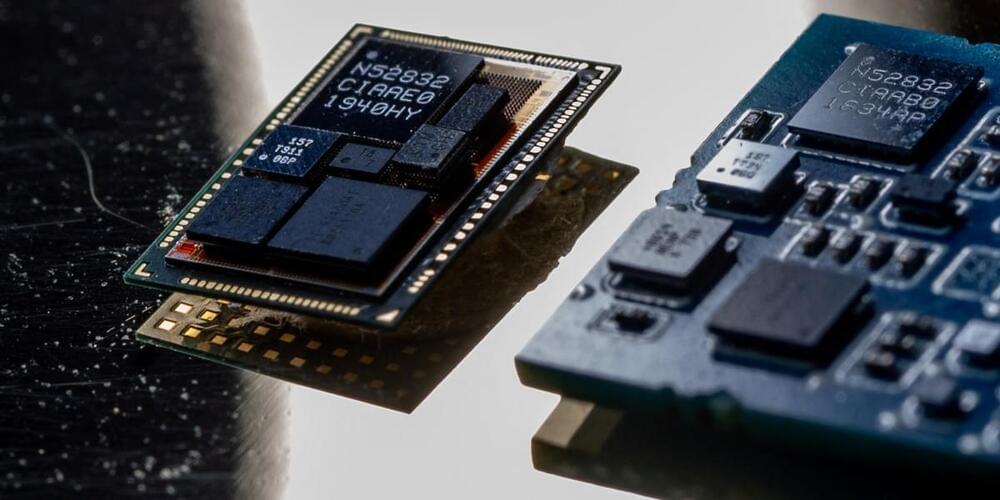
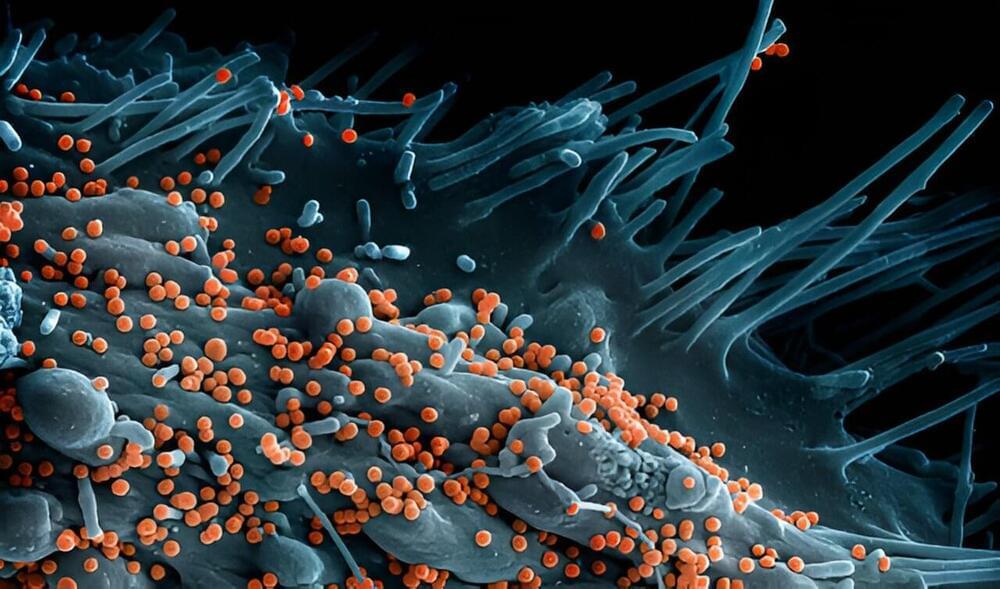
While combing through the human genome in 2007, computational geneticist Pardis Sabeti made a discovery that would transform her research career. As a then-postdoctoral fellow at the Broad Institute of MIT and Harvard, Sabeti discovered potential evidence that some unknown mutation in a gene called LARGE1 had a beneficial effect in the Nigerian population.
Other scientists had discovered that this gene was critical for the Lassa virus to enter cells. Sabeti wondered whether a mutation in LARGE1 might prevent Lassa fever—an infection that is caused by the Lassa virus, is endemic in West Africa, and can be deadly in some people while only mild in others.
To find out, Sabeti decided later in 2007, as a new faculty member at Harvard University, that one of the first projects her new lab at the Broad would take on would be a genome-wide association study (GWAS) of Lassa susceptibility. She reached out to her collaborator Christian Happi, now the Director of the African Center of Excellence for Genomics of Infectious Diseases (ACEGID) at Redeemer’s University in Nigeria, and together they launched the study.
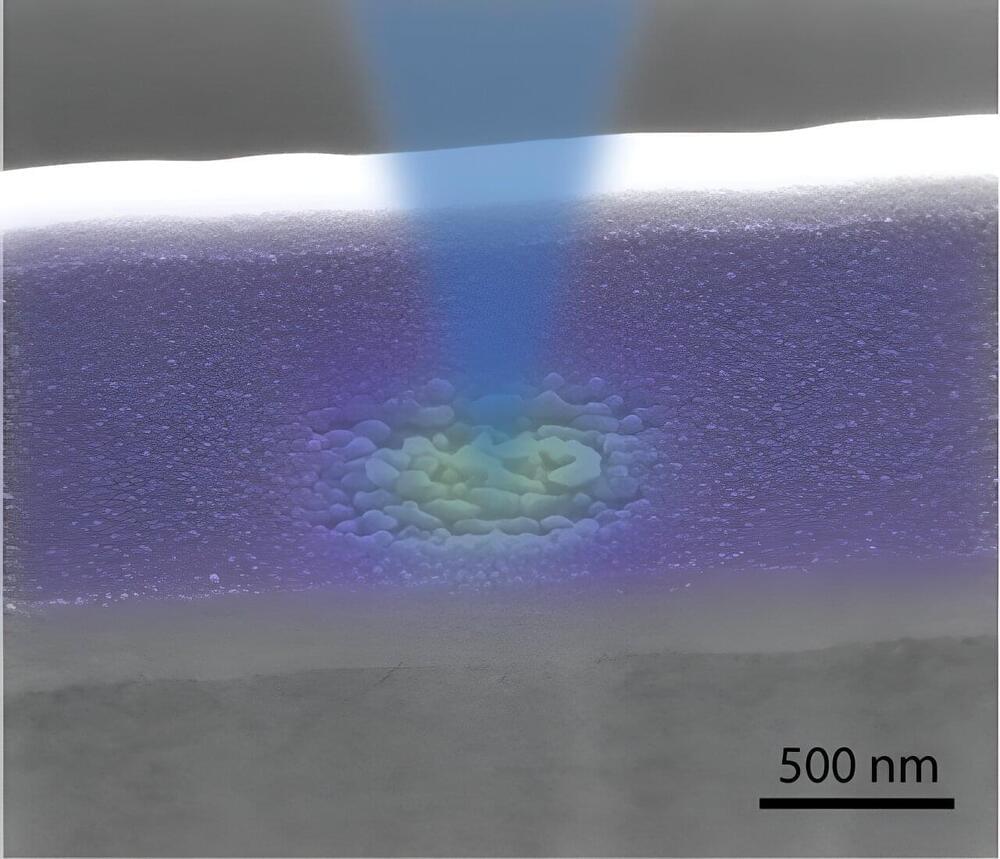
Qubits are the building block for quantum technology, and finding or building qubits that are stable and easily manipulated is one of the central goals of quantum technology research. Scientists have found that an atom of erbium—a rare-earth metal sometimes used in lasers or to color glass—can be a very effective qubit.
To make erbium qubits, erbium atoms are placed in “host materials,” where the erbium atoms replace some of the material’s original atoms. Two research groups—one at quantum startup memQ, a Chicago Quantum Exchange corporate partner, and one at the US Department of Energy’s Argonne National Laboratory, a CQE member—have used different host materials for erbium to advance quantum technology, demonstrating the versatility of this kind of qubit and highlighting the importance of materials science to quantum computing and quantum communication.
The two projects address challenges that quantum computing researchers have been trying to solve: engineering multi-qubit devices and extending the amount of time qubits can hold information.
The Quantum Insider (TQI) is the leading online resource dedicated exclusively to Quantum Computing.